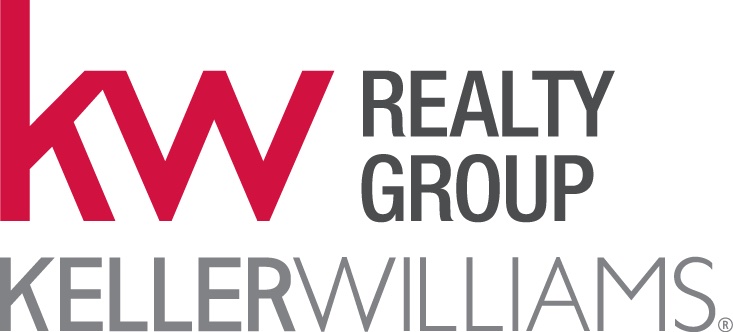
The Impact of Homeownership on Education Opportunities
Owning a home is often considered a significant milestone in one's life, representing stability, security, and a sense of accomplishment. Beyond the financial and emotional benefits, homeownership can also have a profound impact on education opportunities for individuals and their families. In this blog, we will explore how owning a home can positively influence education and contribute to a brighter future.
1.Stability and Academic Performance
Research consistently shows a strong correlation between stable housing and academic success. Children who grow up in stable, secure environments provided by homeownership tend to perform better in school. The sense of continuity that comes with a permanent residence allows students to establish a routine, build lasting friendships, and focus more on their studies. This stability can be a key factor in academic achievement, as it provides a conducive environment for learning and personal development.
2.Access to Quality Schools
Homeownership often opens doors to neighborhoods with better schools and educational resources. Many families strategically choose their homes based on the quality of local schools, ensuring that their children have access to the best possible education. Living in a community with well-funded schools, experienced teachers, and a strong academic reputation can significantly enhance a child's educational experience and future prospects.
3.Equity for Education Expenses
Owning a home can serve as a valuable financial asset that families can leverage to support education expenses. Home equity can be tapped into through home equity loans or lines of credit to fund college tuition, educational materials, or other learning-related costs. This can ease the financial burden on families and provide students with the necessary resources to pursue higher education and fulfill their academic ambitions.
4.Stimulating Learning Environments
Homeownership often allows families to create environments conducive to learning. Homeowners have the freedom to design and customize their living spaces, making it easier to create dedicated study areas and educational spaces within the home. This personalization fosters a love for learning and can positively influence a student's attitude towards education.
5.Community Engagement and Extracurricular Activities
Homeownership fosters a sense of community and belonging. Families who own homes are more likely to engage in community activities and enroll their children in extracurricular programs. These activities can play a crucial role in a child's overall development, providing opportunities for socialization, skill-building, and leadership development. Active participation in such programs can enhance a student's academic resume and contribute to a well-rounded education.
In conclusion, the impact of homeownership on education opportunities is multifaceted. Beyond the tangible benefits of stable housing and access to quality schools, homeownership provides families with the financial means to invest in their children's education. Moreover, the positive and stimulating environments created by homeownership contribute to a child's overall academic success. As we celebrate the milestone of homeownership, let us recognize its far-reaching effects on shaping the educational journey of individuals and fostering a future generation of informed and empowered citizens.








